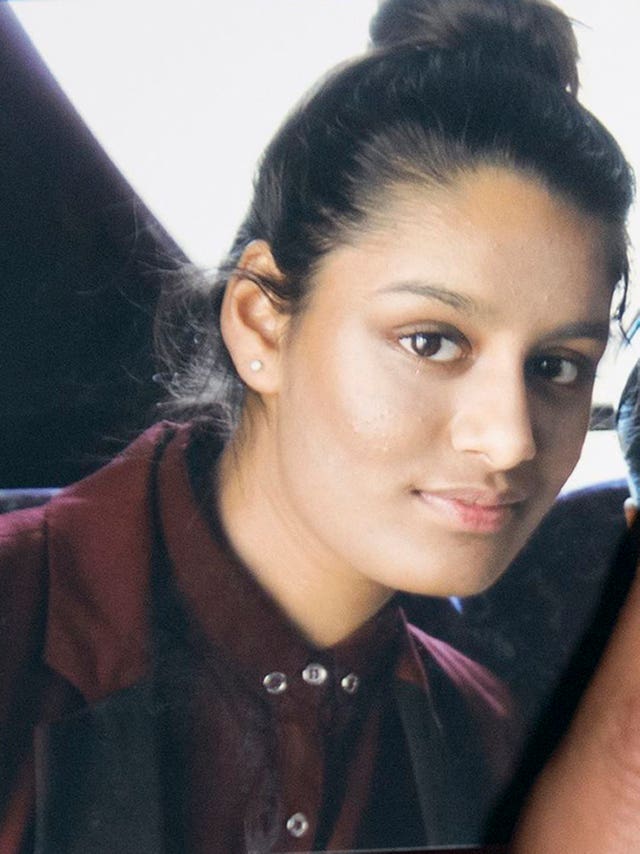
The BBC has amended a scene from Stacey Dooley’s Panorama documentary after she referred to a Muslim prayer gesture as an “IS salute”.
The programme, due to air on BBC One tonight, sees the Strictly Come Dancing winner visit camps in northern Syria and speak to women who left their own countries to join Islamic State.
In one scene Dooley, 32, says in a scripted voice-over that as she and her crew left the al-Hawl refugee camp they “saw women raising their index fingers in an IS salute”.
Aug 5th, @BBCOne Panorama focusing on those women who left the UK and Europe to join IS and the caliphate…what happens to them now? pic.twitter.com/ixlKlPiU4d
— Stacey Dooley (@StaceyDooley) July 24, 2019
The salute is used as a symbol of tawhid, the belief in the oneness of God, although it has been co-opted by IS supporters.
Monitoring group Tell Mama tweeted: “Tawhid (Tawheed) is the defining doctrine of Islam, demonstrating the oneness of Allah (God). To reduce such a fundamental and important concept to a mere “IS salute” is grossly wrong, ignorant, and damaging.
It added: “This again demonstrates the importance of having Muslim representation in media, and more broadly, improving religious literacy.”
This again demonstrates the importance of having Muslim representation in media, and more broadly, improving religious literacy.
— TellMAMAUK (@TellMamaUK) August 5, 2019
A spokesman for the BBC said: “We wrongly described a gesture made by women filmed in a Kurdish controlled detention camp in Northern Syria as an ‘IS salute’.
“While IS have attempted to adopt this for their own propaganda purposes, for accuracy we should have been clear that many people of Muslim faith use this gesture to signify the oneness of Allah.
“We apologise for this error and have removed this description from the footage.”
The al-Hawl refugee camp, close to the Iraq border, is home to some 70,000 displaced people and was where 19-year-old IS bride Shamima Begum was discovered by a British journalist.

The BBC also edited a teaser clip and removed the August 4 edition of the News At Ten from iPlayer, as both contained the description.
It comes after Dooley said British IS fighters operating in Syria are “struggling with identity” and “belonging”.
Speaking on boxing promoter Eddie Hearn’s BBC Radio 5 Live podcast on Monday, the documentary film-maker said she understood why countries were hesitant about letting these women return.
She said: “I think it’s about, and I’m not an expert, struggling with identity… and I think it’s just about belonging and being represented, maybe.
“I’m just speculating but there are a few Brits over there.”
“There are now situations where our countries are hesitant to take any of these people back and I understand why people are hesitant because we don’t know what to do with them and if they are a threat, how do we deal with that?”
Dooley’s representatives have been contacted for comment.


Comments & Moderation
Readers’ comments: You are personally liable for the content of any comments you upload to this website, so please act responsibly. We do not pre-moderate or monitor readers’ comments appearing on our websites, but we do post-moderate in response to complaints we receive or otherwise when a potential problem comes to our attention. You can make a complaint by using the ‘report this post’ link . We may then apply our discretion under the user terms to amend or delete comments.
Post moderation is undertaken full-time 9am-6pm on weekdays, and on a part-time basis outwith those hours.
Read the rules here